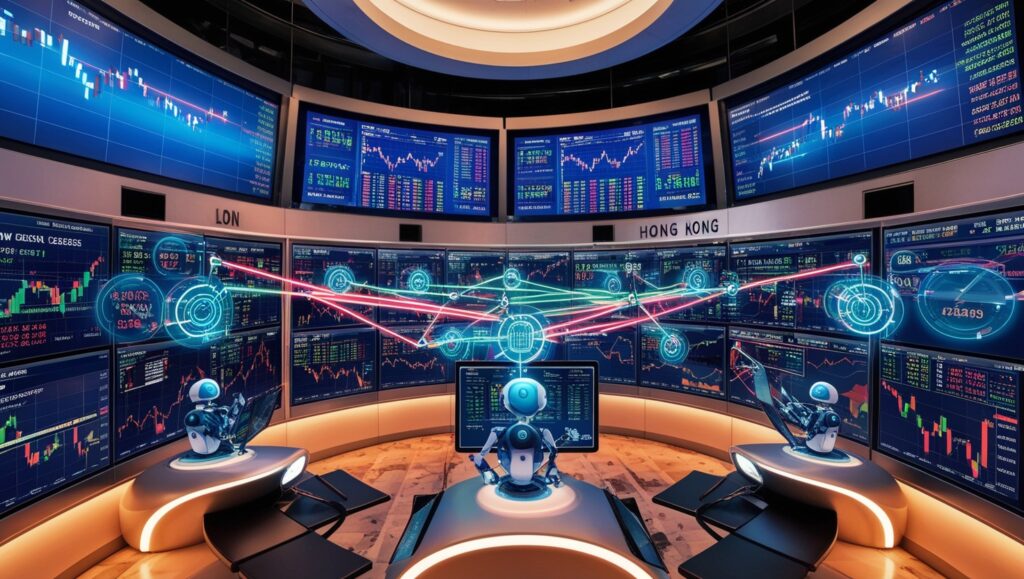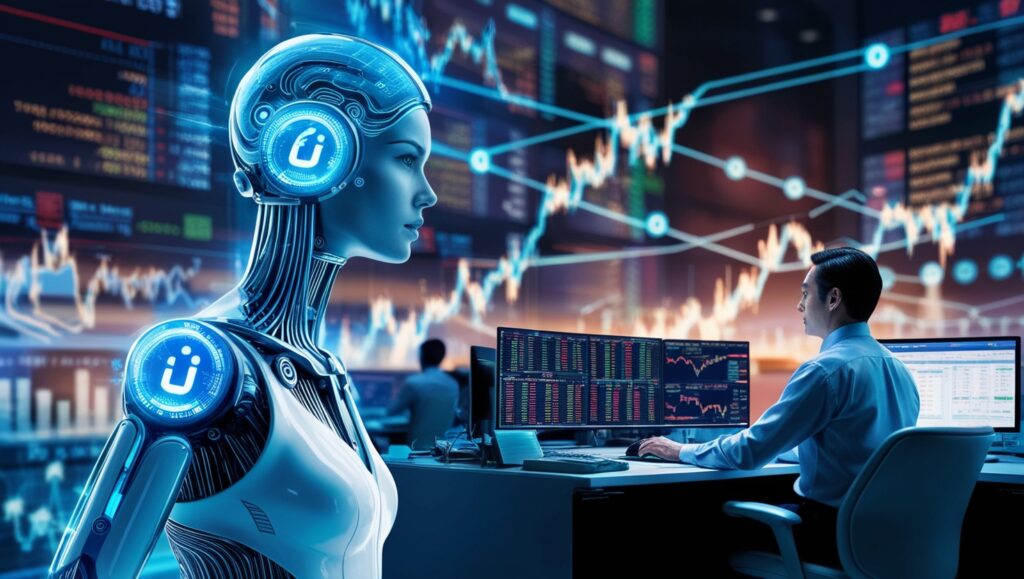How Algorithmic Trading is Transforming Financial Markets
It is beyond doubt that algorithmic trading has changed the financial markets, as someone who has always been attached to trading and watched it flourish over the years, I can say confidently. Now allow me to share my thoughts on this amazing topic. What is Algorithmic Trading? Algorithmic trading, also known as ‘algo-trading’, is a technique that uses computer programs to execute trades based on predefined commands. These algorithms can analyze market data, make decisions, and place orders at speeds far beyond human capability. Key Advantages of Algorithmic Trading Speed: Completes transactions in milliseconds Accuracy: Reduces manual errors Consistency: Follows rules without emotional bias Backtesting: It is the testing of a strategy on historical data 24/7 Market Monitoring: It can be operated continuously Types of Algorithmic Trading Strategies In my experience, these are some of the most common algorithmic trading strategies that I faced: Trend-following Strategies Arbitrage Opportunities Statistical Arbitrage Mean Reversion Volume-weighted Average Price (VWAP) Time-weighted Average Price (TWAP) Market Making Impact on Financial Markets The utilization of algorithmic trading has really impacted the financial markets greatly: Increased Liquidity: Greater liquidity is achieved through trading that occurs more frequently Tighter Spreads: Competition amongst algorithms often leads to narrower bid-ask spreads Market Efficiency: This is a faster price discovery and therefore reduced-arbitrage profit New Challenges: Risk of flash crashes and market manipulation Risks and Challenges For all the benefits it may have, algorithmic trading also has its risks Technical Glitches: Coding errors can cause huge losses Systemic Risk: One faulty algorithm can make the other securities work improperly Over-optimization: Strategies that work well in backtests but not in live markets Regulatory Scrutiny: The close monitoring of activities by financial regulators The Future of Algorithmic Trading Looking ahead, I see several trends that will define the future of algorithmic trading, such as: AI and Machine Learning: Algorithms that contain more sophisticated technology to learn from market conditions Big Data Analysis: Inclusion of alternative data sources in the decision-making process Cloud Computing: Using the cloud infrastructure as a platform that processes quicker Blockchain Technology: Possible implementations in trade settlement and verification In a nutshell It is not an exaggeration to say that trading through algorithms has brought unimaginable changes in the financial world. As it keeps on transforming, it is very important for traders, investors, and regulators to stay informed and become adaptable to the new norm. The challenges it brings about are practically nothing compared to the thrill of the opportunities it gives rise to the ones that are flexible enough to embrace this technology. For more information on algorithmic trading, I recommend exploring these resources: Investopedia’s Guide to Algorithmic Trading CFTC’s Staff Reports on Algorithmic Trading Coursera’s Machine Learning for Trading Course Note: While this article is based on my own personal experience and research, it is very important to consult with professionals and to be updated on current regulations and market trends.
How Algorithmic Trading is Transforming Financial Markets Read More »



